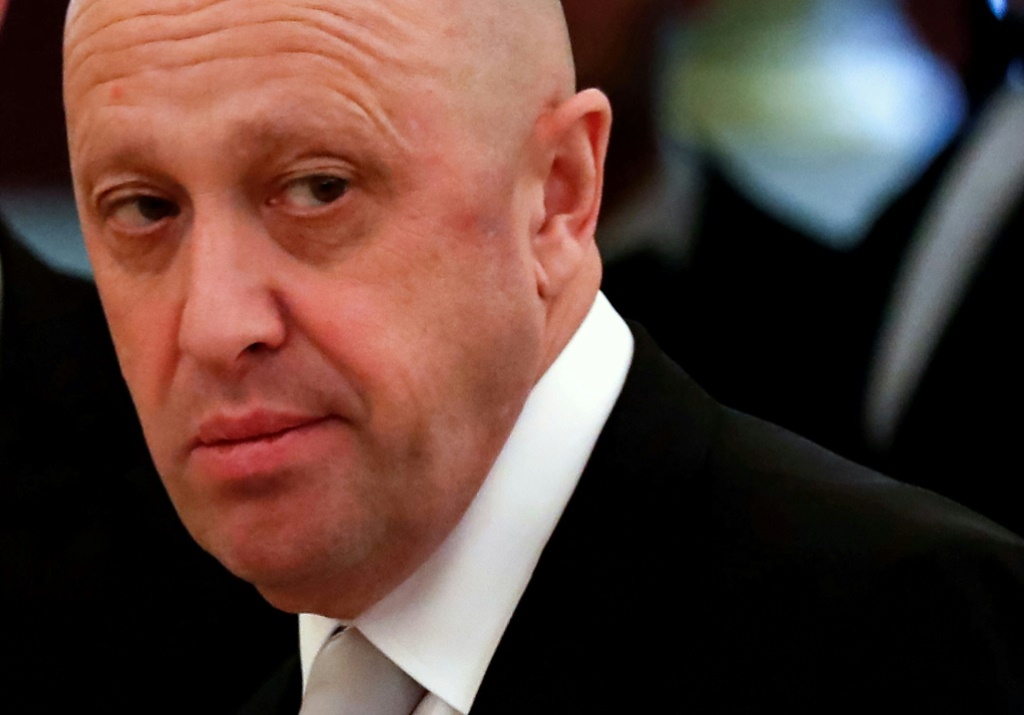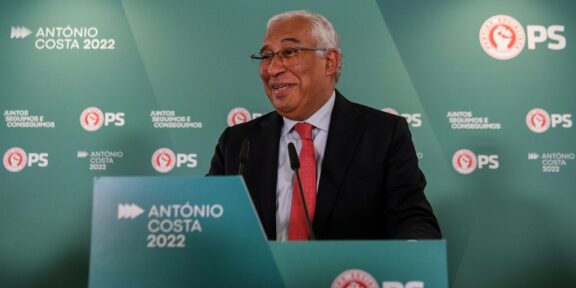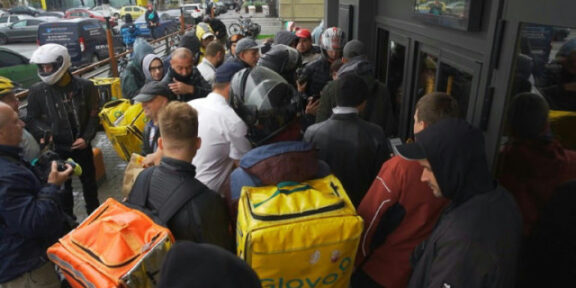The head of the Wagner mercenary outfit on Wednesday urged Russians to pressure the country’s regular army into sharing ammunition with his fighters in Ukraine in a major challenge to the Kremlin.

Yevgeny Prigozhin’s unprecedented call on Russians to take his side in a high-profile conflict with the defence ministry came ahead of the first anniversary of Moscow’s military campaign in Ukraine.
The 61-year-old ally of President Vladimir Putin has been involved in a bitter power struggle with the defence ministry for months as his ragtag forces spearhead the assault for towns in eastern Ukraine.
He has accused the Russian military of attempting to “steal” victories from Wagner and slammed Moscow’s “monstrous bureaucracy” for slowing military gains.
Raging tensions have in recent days burst into the open as the Wagner chief accused Moscow of refusing to arm his forces.
On Wednesday, Prigozhin stopped short of calling on Russians to protest in the streets but urged everyone from drivers to flight attendants to help him and spread the word.
“I think we will break them,” he said, referring to the defence ministry.
He had already made headlines on Tuesday when he accused Russian Defence Minister Sergei Shoigu and Valery Gerasimov, chief of the general staff, of essentially committing “treason”.
Prigozhin has said Wagner is losing scores of men every day due to a lack of ammunition and on Wednesday released a picture of dozens of dead mercenaries lying in the snow.
He said the fighters had died on Tuesday due to lack of ammunition.
“Mothers, wives and children will receive their bodies,” he said.
He said Shoigu and Gerasimov were to blame for his fighters’ deaths because they refused to sign off on papers on the provision of ammunition.
Sanctioned by Washington and Brussels, Prigozhin had for years operated in the shadows but has catapulted into the limelight since the start of the offensive in Ukraine.
– ‘War breeds monsters’ –
He has recruited from prisons across Russia to bolster Wagner’s ranks, telling inmates he himself had spent a decade in jail. Wagner has been accused of committing abuses on the battlefield.
The months-long battle for the city of Bakhmut in eastern Ukraine has exposed tensions between Wagner and the regular forces.
On Tuesday, Prigozhin said the military command even prohibited delivering Wagner fighters “shovels which allow them to dig trenches”.
In a rare move the defence ministry responded to Prigozhin’s claims on Tuesday, saying attempts to drive a wedge between regular forces and fighters were “counterproductive.”
The top command is providing both regular forces and “volunteers” with the necessary ammunition, the defence ministry said in a statement.
“This is our priority,” it added.
“All statements allegedly made on behalf of assault units regarding the lack of ammunition are completely untrue,” the ministry said.
Authorities have cracked down hard on any criticism of the assault on Ukraine and Prigozhin’s call on Russians to mobilise is a major challenge to the Kremlin.
On Wednesday, Kremlin spokesman Dmitry Peskov refused to comment on a growing conflict between Wagner and the defence ministry.
Before the start of the Ukraine assault, Prigozhin and the regular army already butted heads in Syria where the Kremlin supports the regime of Bashar al-Assad.
Wagner is also increasingly present in Africa, where Western countries say it has been deployed in Burkina Faso, the Central African Republic and Mali.
Earlier this month Prigozhin admitted he had created an infamous online troll farm accused by Western governments of interfering in elections.
Tatyana Stanovaya, founder of political analysis firm R.Politik, said Prigozhin is harbouring political ambitions but added that he had made many enemies including in the security services.
“For the security services, Prigozhin is a growing threat,” said Stanovaya, who is also a senior fellow at the Carnegie Endowment for International Peace.
She warned however that Prigozhin could one day challenge Putin.
“War breeds monsters, whose recklessness and desperation can become a challenge to the state, if it were to show the slightest sign of weakness,” she wrote.









